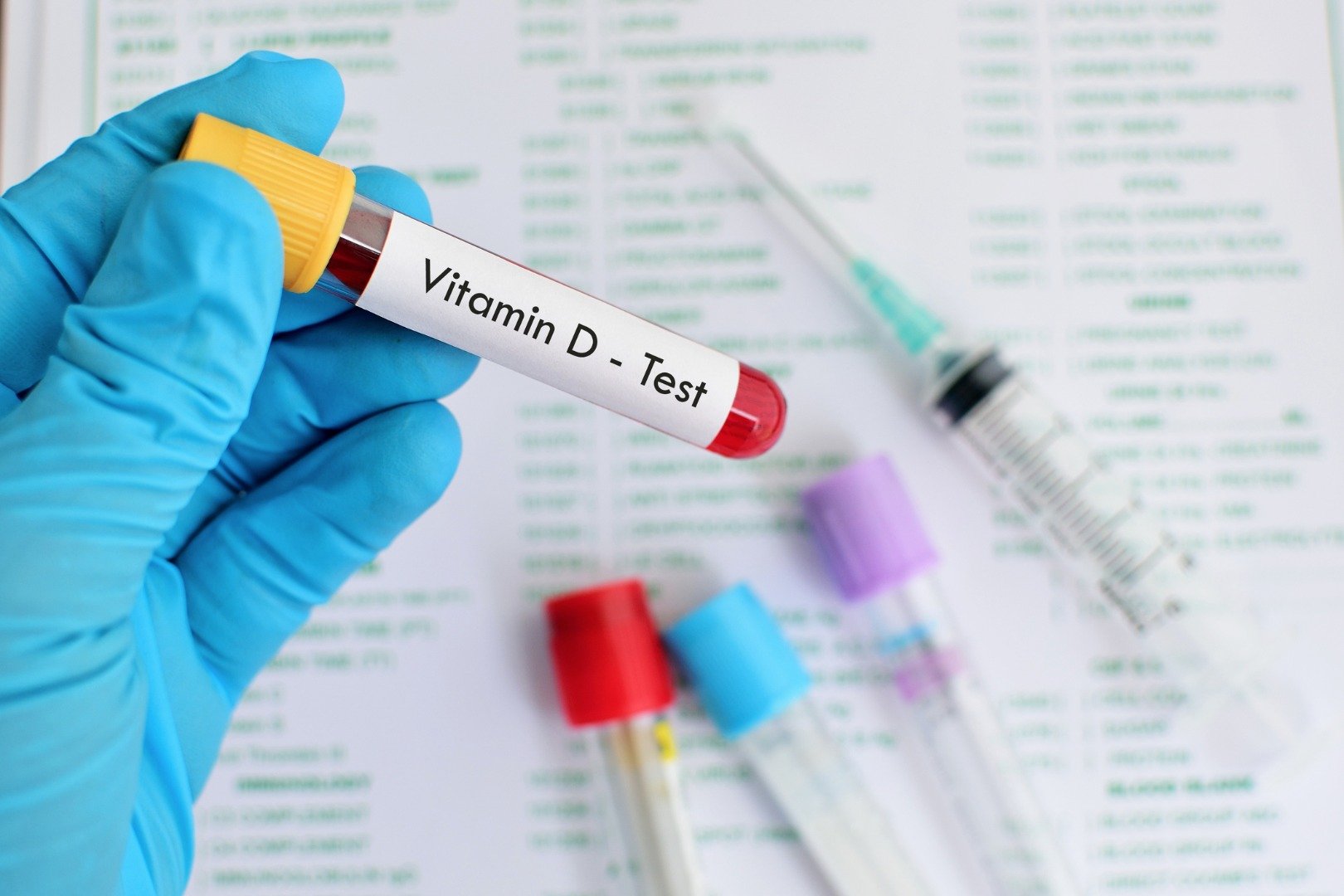
Introduction
A meta-analysis study released today in the BMJ (British Medical Journal) suggests that Vitamin D supplementation may help to prevent respiratory tract infections (colds, flu, pneumonia etc.).
This interesting because although it is known that Vitamin D is important for the normal functioning of the immune system such studies have had mixed results in the past.

It is open access and you can read/download it here.
I have tried to make this post a bit more succinct than usual and for the really time starved there is a TLDR summary in the "Conclusion" section - feel free to scroll down
Why Is this Important? - Previous Results Were Mixed

There have been a number of previous meta-analyses, some (2 studies) have found beneficial effects in response to taking Vitamin D to prevent respiratory tract infections some have not (3 studies).
The variable results (heterogeneity) have been hypothesised to be due to various factors which might "muddy" the results.
For example if Vitamin D only benefits people who are deficient and not the general population, any effects you see will be diluted if you have a lot of people who have normal Vitamin D levels.
It may also be that certain administration methods such as giving a massive monthly dose (bolus) are less effective than smaller daily doses and viewing both types of data may mask the actual effects.
Similarly if Vitamin D is more useful in people with asthma or COPD (Chronic Obstructive Pulmonary Disease) then you might again get a similar effect where results become inconsistent as a result of the makeup of the potential populations involved.
This meta-analysis is different because it specifically looks at the general effects on all groups and then does further analysis to look at what if any effect these different variables have on the effect of vitamin D supplementation.
The Findings

The main finding is that Vitamin D supplementation reduced the risk of acute respiratory tract infection (ARTI) among ALL participants with an adjusted odds ratio of 0.88.
This means that people taking Vitamin D in this study had a 12% lower risk of ARTI than those taking placebo.
Also of interest is the finding that the way Vitamin D is administered makes a huge difference.
Giving those big "bolus" doses every 1-3 months has a much smaller effect (odds ratio 0.97) vs small doses daily or weekly (odds ratio 0.81).
So to get the most benefit one would presumably need to take it daily or weekly.
For those who were deficient in Vitamin D (<25 nmol/L) and getting regular doses the effect was even greater with an odds ratio of 0.30 - so a 70% reduced risk of ARTI!
This strongly implies that Vitamin D plays an important role in preventing against these types of infections.
Further in those taking Vitamin D there was no increase in serious adverse events (of any cause) above the levels in people taking placebo.
This strongly suggests that there is no discernible disadvantage to taking it which is also quite important.
Discussion, Limitations, Issues

From my reading of this study it appears that the authors have gone to great lengths to ensure that this study eliminates sources of bias and attempts to make the results more powerful statistically.
This extends from their eligibility criteria where they only used double blind randomised controlled trials that were prospectively looking at ARTI to their fine checking of the results for data and typographical errors.
Also the authors only wanted to use participants for whom IPD (individual participant data) was available.
This was to allow detailed analysis of subgroups and variables (e.g. age, Vitamin D levels, lung disease etc.) as mentioned earlier to pursue and control for sources of the previously mixed results in earlier studies.
Of the 532 studies found only 25 were eligible. Further using IPD meant only about 96.6% subjects were eligible.
The total sample size at the end was 10993 which is still quite large for this sort of study.
The authors say that their study makes a definite case for supplementation as a means of preventing respiratory tract infections and I would broadly agree with this.
It might be best to initially restrict this to people who are at higher risk from complications to respiratory tract infections and are deficient in Vitamin D.
I think it depends how cautious you are as a clinician and I personally would wait until putting everyone on supplemental Vitamin D.
Towards the end of the paper the authors suggest looking at using it to fortify food which would basically put nearly all the population on supplementation.
Personally I think it is too early for that and we need further studies because I am naturally cautious particularly given the previously mixed results.
I'm sure others will disagree with me though.
Quick Note - My Own Situation

I suffer from quite severe asthma and a simple cold can result in an escalating situation that requires hospital admission and heavy steroid treatments (which have severe side effects themselves).
In my own case I have also consistently been found to have low Vitamin D levels and have noted myself that since I have been on Vitamin D supplements the number of colds and chest infections I have had has gone down quite a lot.
I used to have about 2-3 colds without fail every year.
I have not had one this year and the last few times I have had them they have resolved without the usual escalation.
Note this is not good evidence though. It is purely anecdotal and consists of a single potentially very biased sample!
Conclusion

This is a very promising study that shows that Vitamin D has an important role to play in preventing respiratory tract infections.
It appears to show a reduced risk of acute respiratory tract infections in all participants which if it holds out in further studies could have significant implications.
ARTIs cause approximately 10% of hospital admissions and 2.65 million deaths worldwide (2013).
The potential to save life as well as healthcare costs is huge but I feel we must also be a little cautious.
For those who have low Vitamin D levels and/serious pre-existing diseases I think supplementation (as long as it is given as regular doses) makes sense but consult your physician first.
For those who have good diets and are otherwise fit and well, it is unlikely to do any harm based on these results, but in my opinion it is still worth waiting until we have more studies to confirm this.
These kind of people are at much lower risk of complications from these respiratory infections.
Whatever your situation I would still strongly advise that you discuss the situation with your physician BEFORE starting any new kind of supplement.
References
- Martineau, Adrian R., David A. Jolliffe, Richard L. Hooper, Lauren Greenberg, John F. Aloia, Peter Bergman, Gal Dubnov-Raz, et al. 2017. “Vitamin D Supplementation to Prevent Acute Respiratory Tract Infections: Systematic Review and Meta-Analysis of Individual Participant Data.” BMJ 356 (February). British Medical Journal Publishing Group: i6583.
Thank you for reading

Before you go have you filled in the Coinbase form to list STEEM? It only takes a few seconds. THIS POST shows you how.
If you like my work please follow me and check out my blog - @thecryptofiend
Uncredited Images are taken from my personal Thinkstock Photography account. More information can be provided on request.
Are you new to Steemit and Looking for Answers? - Try:

